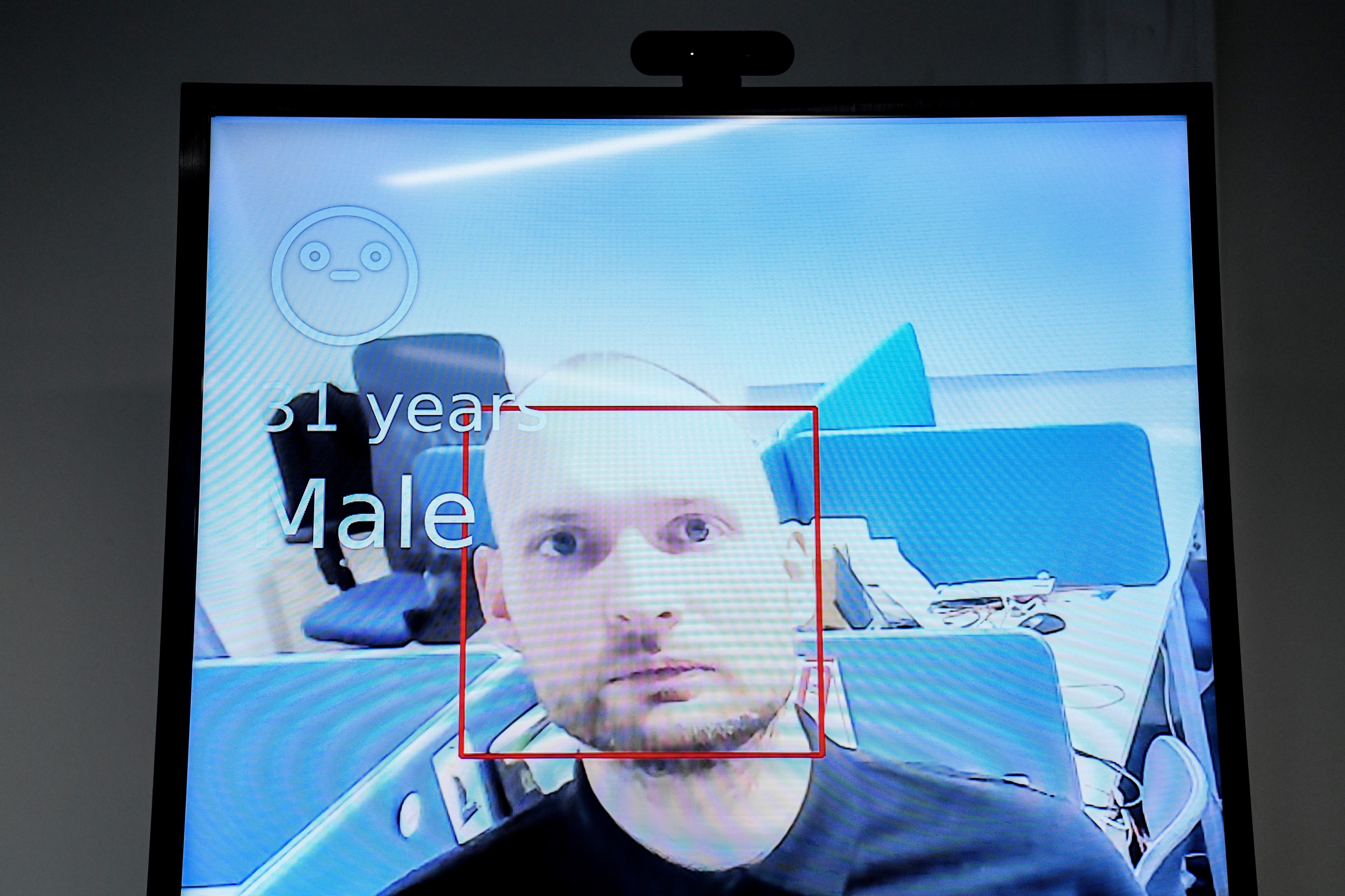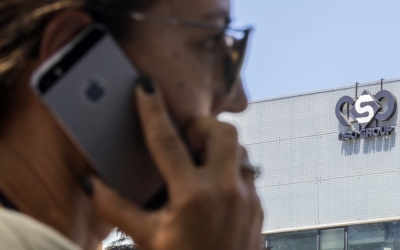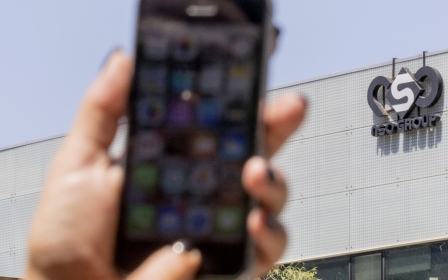Microsoft set to divest from Israeli facial recognition firm tracking Palestinians

Microsoft is set to sell shares in an Israeli facial recognition company accused of surveilling Palestinians in the occupied West Bank.
The company’s M12 venture arm invested $74m in AnyVision in June, only to come under fire after an October report by US broadcaster NBC News claimed that the Tel-Aviv-based company was powering a “secret military surveillance project throughout the West Bank.”
New MEE newsletter: Jerusalem Dispatch
Sign up to get the latest insights and analysis on Israel-Palestine, alongside Turkey Unpacked and other MEE newsletters
An audit subsequently launched by Microsoft into the news report led by former US attorney general Eric Holder found on Friday that while the company’s technology was used in cross-border checkpoints it did not amount to a mass surveillance programme in the occupied Palestinian territories.
However, Microsoft said that it was now divesting from the company, citing concerns over ethical oversight and added it would end investments in facial technology companies.
“For Microsoft, the audit process reinforced the challenges of being a minority investor in a company that sells sensitive technology, since such investments do not generally allow for the level of oversight or control that Microsoft exercises over the use of its own technology,” the company said in a statement.
“By making a global change to its investment policies to end minority investments in companies that sell facial recognition technology, Microsoft’s focus has shifted to commercial relationships that afford Microsoft greater oversight and control over the use of sensitive technologies.”
AnyVision is considered Israel’s most high-profile biometric recognition firm and received the prestigious Israeli Defence Prize for its work in 2018.
According to NBC News, AnyVision has installed a system under the codename “Google Ayosh” to monitor the movement of Palestinians, including the tracking of suspects in occupied East Jerusalem. “Ayosh” denotes the occupied Palestinian territories while “Google” refers to the technology’s ability to search people.
The project is so secretive that when the company won the defence prize for its work, its name was omitted from the press announcement because the project was classified, NBC News reported.
Sixth principle
A framed prize certificate uncovered by NBC commended AnyVision for its “technological superiority and direct contribution to the prevention of terror attacks.”
Microsoft had published six ethical principles to govern its use of facial recognition technology in 2018, prior to its investment in AnyVision.
The sixth principle stated: "We will advocate for safeguards for people’s democratic freedoms in law enforcement surveillance scenarios and will not deploy facial recognition technology in scenarios that we believe will put these freedoms at risk."
The company's move reflects growing unease of the use of facial recognition technology, which rights groups say could lead to political control and limit freedom of expression. Some have pointed to China's use of the technology against its ethnic Uighur population, of which at least a million of are estimated to be detained without charge or trial in concentration camps.
In December, 90 rights groups from around the world meeting in Tirana, Albania published a declaration calling for a moratorium on facial recognition that enables mass surveillance.
“We recognise the increasing use of this technology for commercial services, government administration, and policing functions. But the technology has evolved from a collection of niche systems to a powerful integrated network capable of mass surveillance and political control,” the declaration said.
In January, Facebook was fined $550m over its use of facial recognition without clear opt-in provisions for users. Meanwhile, Google CEO Sundar Pichai has suggested a temporary ban on the technology in response to reports that the European Union is considering whether to ban the technology’s use in public spaces for five years.
Middle East Eye delivers independent and unrivalled coverage and analysis of the Middle East, North Africa and beyond. To learn more about republishing this content and the associated fees, please fill out this form. More about MEE can be found here.





